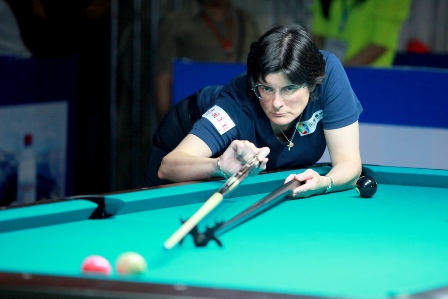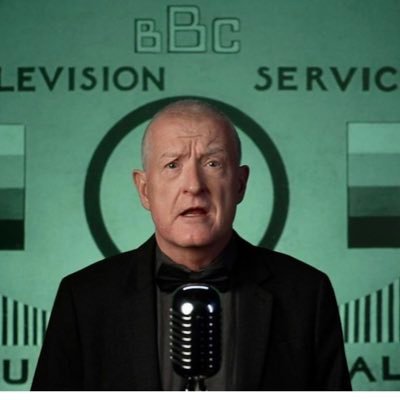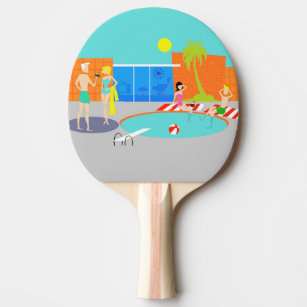
You will need to determine the size of your pool table to play, whether you're looking to start playing or simply want to upgrade. There are many sizes available, so make sure you choose the one that suits your needs.
Measure the space where the pool table will be placed. Measure the length and width to determine the space. This is known as the minimum room dimension. Once you have taken these measurements, subtract the furniture from your total room size.
Once you have a rough idea of how large the room is, it's easy to determine the size pool table that you will need. The standard sizes for pool tables are 7, 8, and 9 feet. These are the sizes most people will use. You can also find specialty tables. You will find smaller tables, for example, that are designed for children. Mini tables are also available, measuring only 3-4 feet in length. These are great for kids learning the game.

A regulation-sized pooltable is required for serious players. These are available in bar and pool halls. Most leagues consider a nine-foot table standard for tournaments. Professionals looking to compete in professional tournaments will find it a great size. It is a significant investment so make sure to do your research.
A second thing you need to think about is the length and shape of your cues. How you shoot is affected by how long your cues. For example, longer cues will make it harder to hit a break shot. There are many "shorty" cues that come in different sizes, such as 36, 48 and 52 inches. These cues can be used to help you navigate around obstacles and are ideal for children's pool tables. You can also buy "troubleshooter" short cues that are made to feel like full-size cues.
The cue length is very important when it comes to purchasing a pooltable. Longer cues make it easier for younger players, while shorter cues are better for adults who are taller. The length of your cues also determines how smoothly you will shoot. A longer cue can make it difficult to capture a break shot. However, shorter cues can be more effective at getting around obstacles.
It will take longer shots to get the table larger. A larger table will allow you to have greater control. It will also require more skill, and can be more difficult for you to maneuver. This will make competition exciting. However, a larger table also requires more space. A larger table can also make it easier for you to make mistakes. If you are a beginner, you'll want to start with a table that's at least seven feet long.

If you're looking for a pool table that's perfect for a bar or pub, you might consider a seven-foot table. These tables are extremely popular in North American amateur leagues.